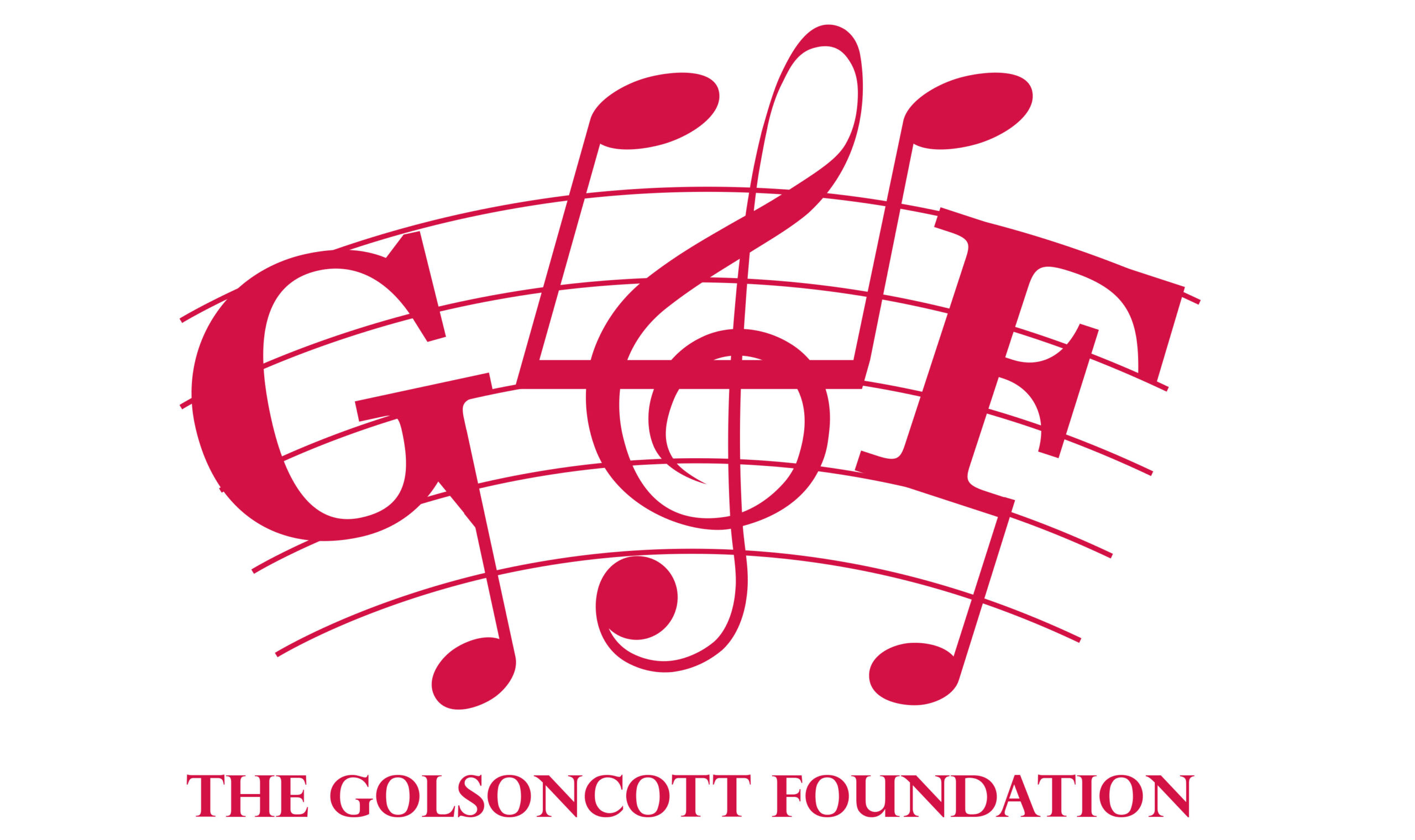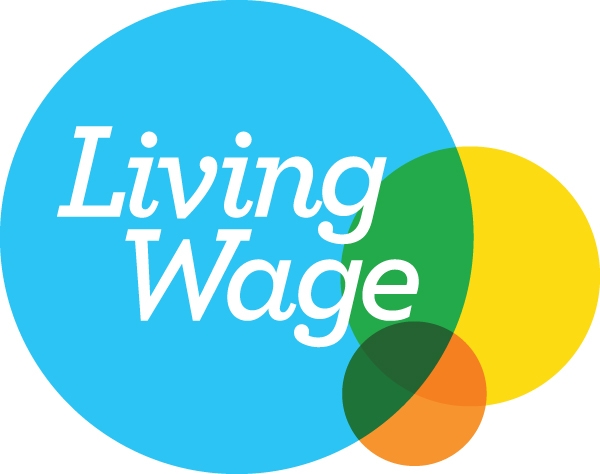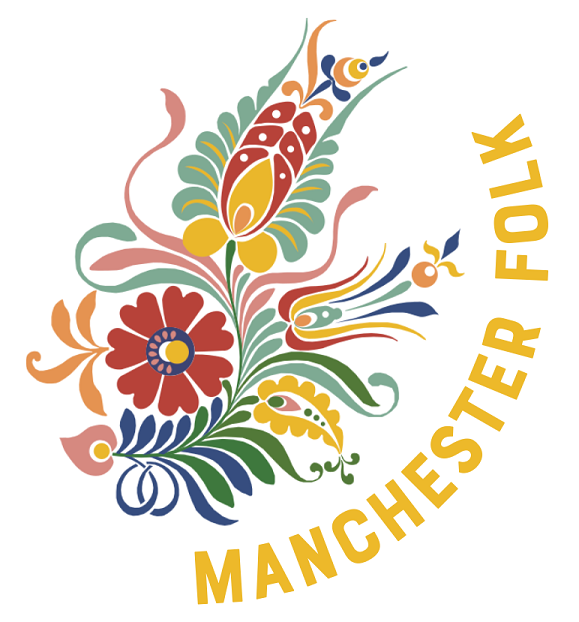Published this week, the report is based on independent research carried out on behalf of the council by Sound Diplomacy and Nordicity, who were commissioned to carry out a review of the city’s economic landscape, looking specifically at the needs and opportunities of the music sector.
Their findings show that the music eco-system in Manchester is a major contributor to the city’s economy, supporting thousands of jobs, and attracting a significant number of music tourists and others to the city.
The city is seen as a critical driver for the UK-wide music industry, not least for its strong position as a talent pipeline, and is regarded as fertile ground for new and emerging creatives and businesses both locally and across the country.
The live music scene makes up the biggest part of the music eco-system in the city with 215 venues – including those pubs, bars and restaurants with regular live music and club nights – that programme music in the city of Manchester alone, and more than 40 music festivals in the wider city region.
The report also notes the significance of Manchester as a major centre nationally for classical music through the Hallé Orchestra, Manchester Camerata, and the BBC Philharmonic.
It concludes that Manchester has a strong heritage in music that has long attracted passionate audiences to the city, and has an even stronger future ahead of it with all the ingredients, skills, talent, and drive to succeed, making it a major music hub both regionally and nationally.
Key findings of the report include:
-The live music scene was found to make up 64 per cent of the music ecosystem in the city, with 215 venues that programme music in the city of Manchester alone, and 40 music festivals across the wider city region.
– Live music also accounts for 38 per cent of music businesses in the city – through concert producers, booking agents and promoters .
– Manchester’s live music sector generated £51m for Manchester in 2019
– Manchester is 2nd only to London as a major national music economy.
– Manchester’s music creators generated £24m for the city in 2019
– Total economic impact of the Greater Manchester music sector is £469m in GVA and 11,270 FTE jobs
– In the city of Manchester it’s £308m and 6820 FTE Jobs.
– A steady pipeline of emerging talent and enterprise – 116 of the 151 music businesses in Manchester have emerged since 2000
The report also notes a handful of key issues for the city to look to address in the future – these include:
– Being under-served by publishing, label, and recording distribution activities due to the dominance of London over much of the recorded sector
– A shortage of international or export revenues despite the exposure of local artists internationally, due to music publishing being concentrated in London and the South-East
– A need to become more representative and inclusive as figures show 69 per cent of those assessed identify as male, and 79 per cent of those surveyed identified as White-British.
The Covid pandemic hit the music industry hard right across the country and Manchester’s music scene and all the jobs it supports across the city were also badly affected.
As well as providing a comprehensive overview of the state of the music economy in Manchester, the report also suggests direct ways in which the city can help its music sector not just to recover from the pandemic, but to expand and grow even stronger. Suggestions include:
-Support the international development of the city’s music sector with regard to collaborations, touring, and export sales to position Manchester’s music eco-system globally
-Support sector development in recorded music
-Attract music tech businesses to Manchester
-Support the use of vacant high-street and other premises and outdoor places for event organisers to host music events in non-music spaces
-Create a music ecosystem mapping of the entire Greater Manchester sub-region, and carry out yearly mapping of the city of Manchester
Councillor Luthfur Rahman OBE, Deputy Leader Manchester City Council, said:
“Music really is the beating heart of Manchester. Some of the biggest names in music have their roots here, and the city is known the world over for its thriving and diverse music scene, with fans flocking here in their droves to catch the biggest names and emerging talent.
“Our worldwide reputation as a musical powerhouse also attracts residents, students, visitors, businesses, and investors – each of them with their own part to play in what makes the city a vibrant and exciting place.
“The report is very much about better understanding the value of the city’s music to help us build on our already thriving scene and to put music at the centre of our economic strategy.
“In many ways it proves what we already knew – that our diverse and vibrant music scene is a hugely important economic driver. Crucially however the report also outlines what more we could do to support our much-loved music scene to recover fully from the impact of Covid-19 and to keep on getting bigger and better. And that’s what we’re fully committed to doing.”
Shain Shapiro, Founder and Group CEO of Sound Diplomacy, said:
“Manchester is second only to London as a major national music economy. With strategically placed support, the industry has the clear potential to drive further economic, cultural and social change in Manchester”.
The report and its findings have been welcomed by music industry figures in the city.
Debra King, Chair of Manchester Music City, and Director of Brighter Sound, said: “Manchester’s music audiences are adventurous and curious, keen to discover new artists, and the city is blessed with an estimated 704,000 music tourists, attracted by big names as well as our diverse live scene and nightlife. The Manchester Music Economy research estimated 2.1 million attendees for music events in Greater Manchester in 2019, and found that Manchester has an 88 per cent share of the Greater Manchester live music economic impact.”
Jane Beese, Director of Music, Manchester International Festival and The Factory, said: “Live music is an incredibly important part of Manchester’s music sector. The researchers found 469 venues that programme music in Greater Manchester with 215 in the city of Manchester alone. The live music offer we have far surpasses that of other major UK cities.”
Tunde Adekoya, Director, Big People Music, said: “The report by the team at Sound Diplomacy puts a very compelling case for why the music industry should be taken seriously as an important part of Manchester’s economy. It also highlights the opportunities of a growing economy within the diverse communities of Manchester which can no longer be missed.”
Jay Taylor, Chair of Greater Manchester Music Commission, and Music Venue Trust Co-ordinator for England, said: “Manchester without live music is inconceivable, but the pandemic could easily have left us with an unrecognisable landscape. This is why it’s more important than ever that we understand, value, and secure our live music scene. From the crucial cultural development work delivered by grassroots venues through to career-defining performances at stadiums, we need to fiercely protect our Mancunian soundtrack.”




















